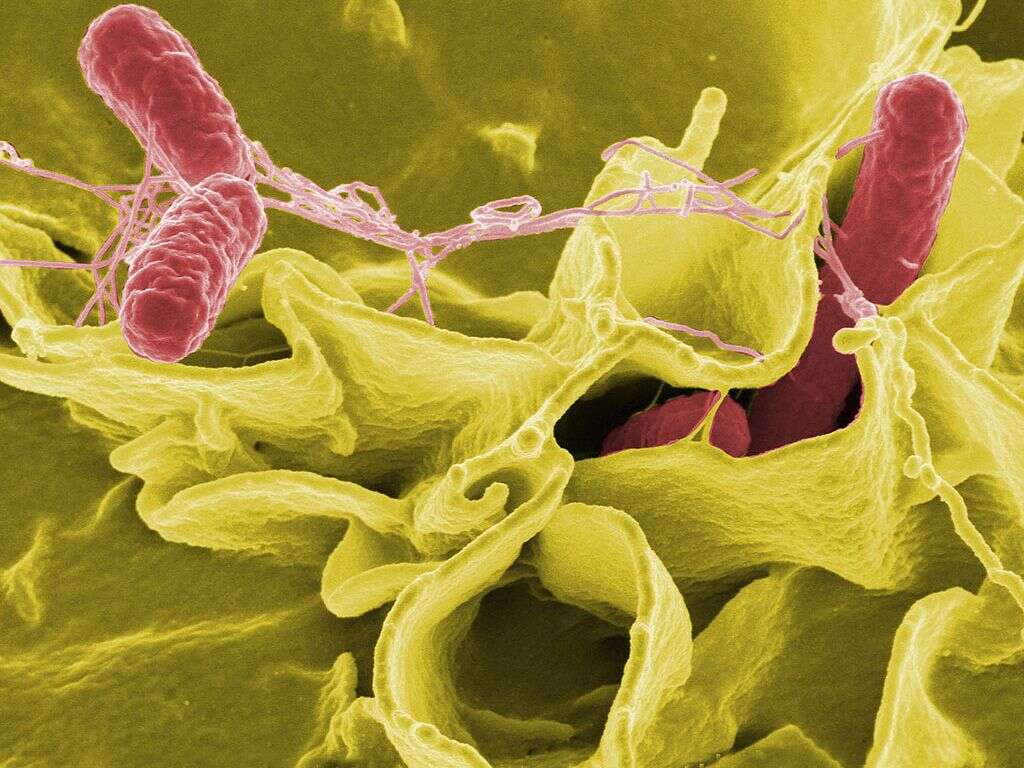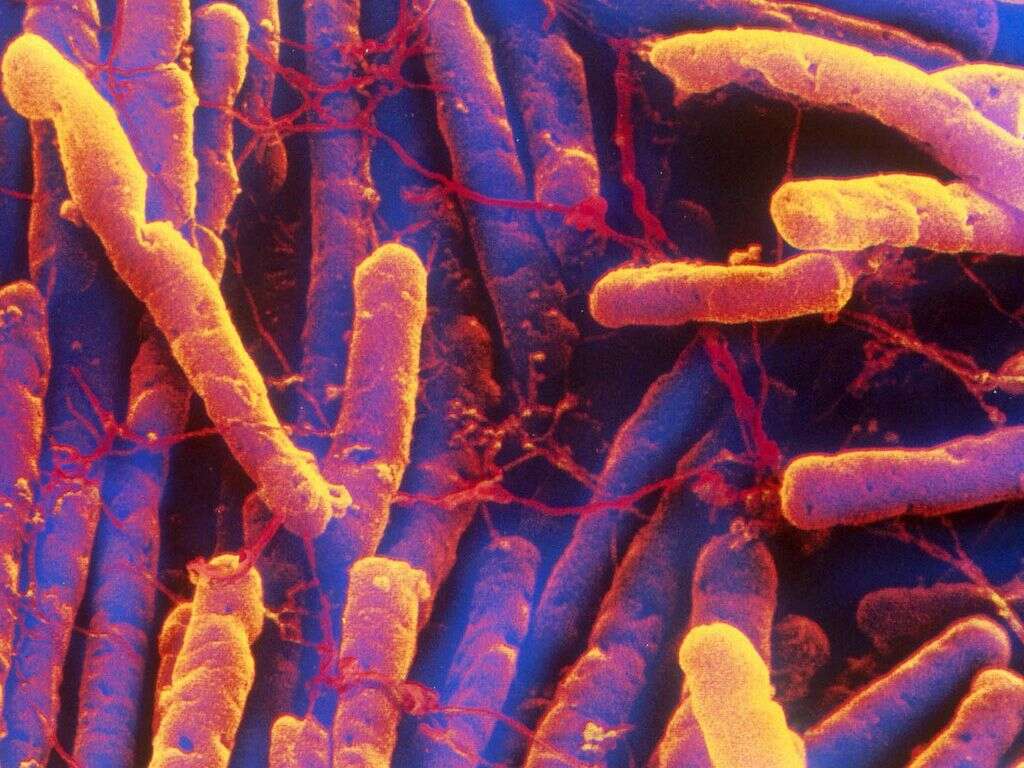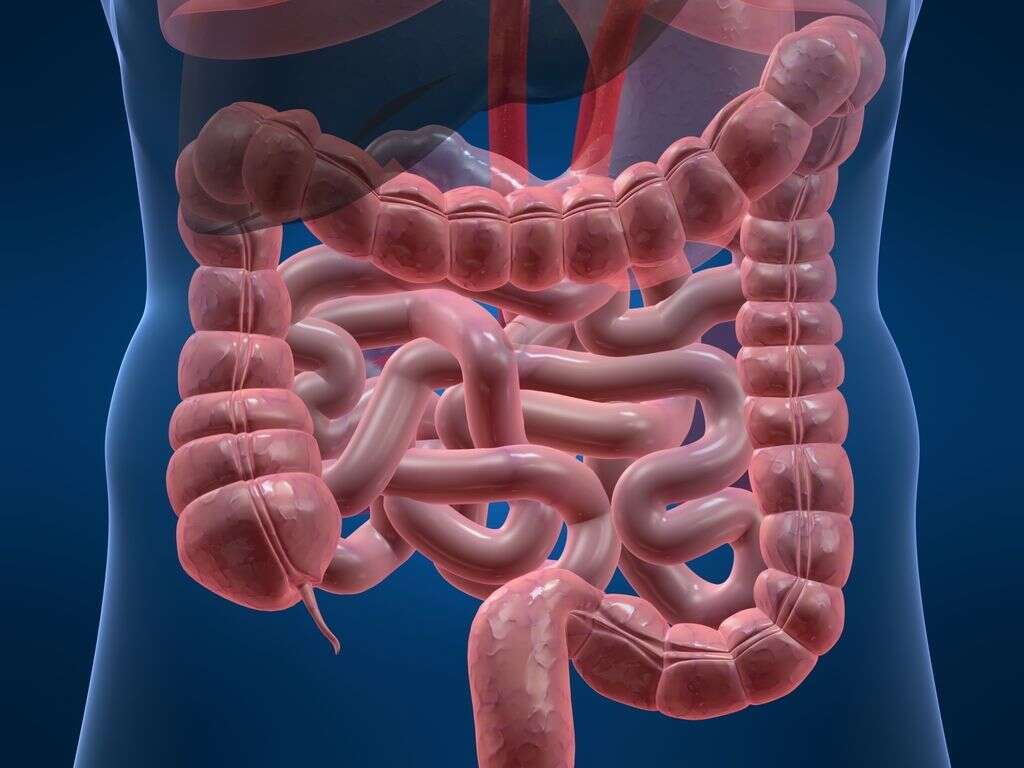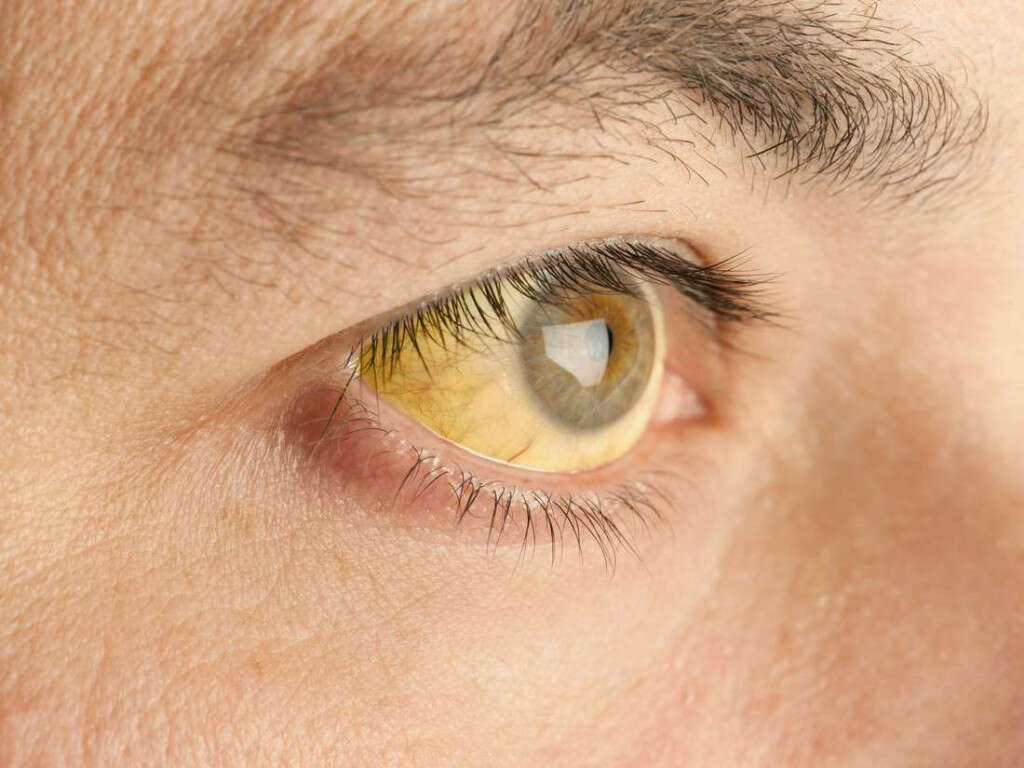What Is Toxoplasmosis?
The importance of food hygiene cannot be overstated. Food can easily be contaminated with all manner of pathogens and, when ingested, the pathogens may make us very ill. While most of these pathogens will only cause a passing illness, others can pose a very real threat to our lives.
Pathogens include parasites, some of which are microscopic. Even though they may be tiny, they can still proliferate to such numbers that they can be harmful to us. Even after exposure, our immune systems are usually still strong enough to keep us safe, but not everybody can be so confident. Toxoplasmosis is a disease that is caused by a parasite that can be dangerous for people with a weakened immune system.

1. Toxoplasmosis
Toxoplasmosis is a condition that tends to be caught when the patient has eaten contaminated food. This typically means meat that has not been thoroughly cooked. The disease is caused by an infection by one of the planet’s most common parasites.
In the vast majority of cases the disease will only cause relatively mild symptoms. Indeed, many people with the disease will not show any symptoms at all. However, the disease will be dangerous in a small percentage of cases so it is wise to not treat it with complacency. This is particularly the cases in people who are vulnerable to diseases.

2. Causes
Toxoplasmosis is caused by a parasite known as toxoplasma gondii. It consists of only a single cell and it can infect many different species of animal. Although the parasite can infect many species, however, only the feces of domestic and wild cats will be contaminated with the parasite.
Toxoplasmosis cannot be spread from person to person. However, the disease can be caught if somebody is exposed to the parasite in other ways. This includes eating undercooked contaminated foods, contact with contaminated cat feces, and contact with contaminated items such as cooking utensils. The parasite can also be transmitted in contaminated organs, although this is rare.
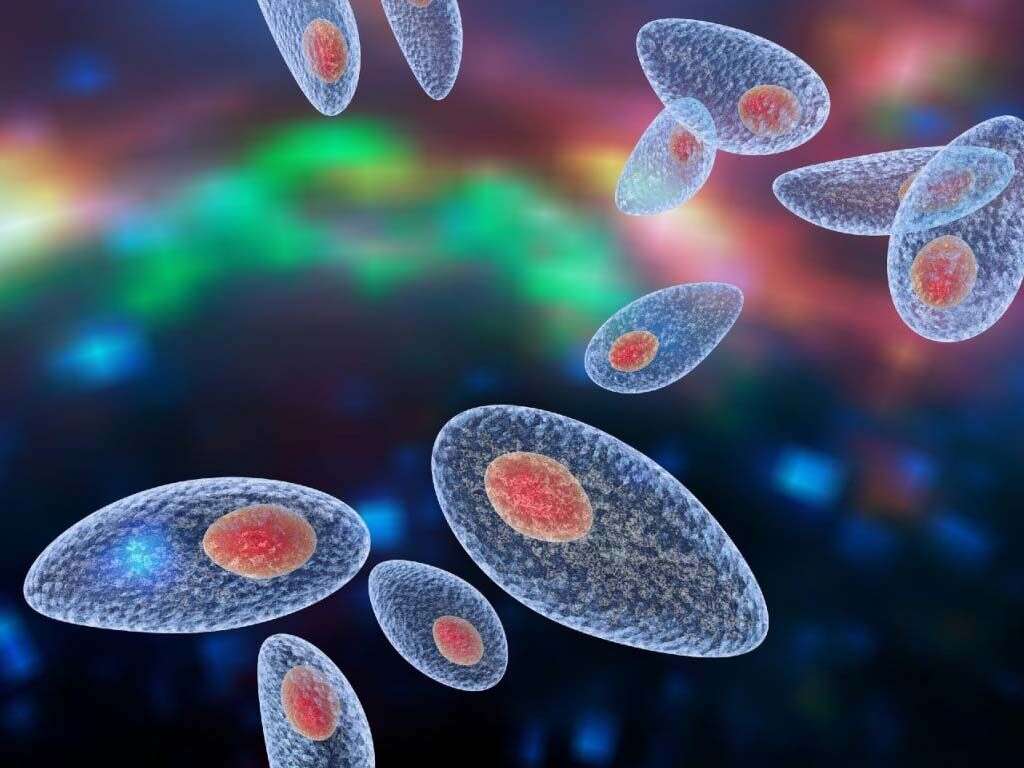
3. Standard Symptoms
As mentioned, toxoplasmosis will not usually cause any symptoms. The immune system is usually strong enough to deal with the parasite before it can cause us any harm. When the parasite does cause infections, however, they will often be mistaken for the flu. The standard symptoms of toxoplasmosis will typically include a headache.
The patient is also likely to have a fever, and they may also have aches and pains in their joints and muscles. The patient is also likely to feel fatigued, while swollen lymph nodes are another potential symptom. While these symptoms will often be mistake for the flu, the patient should see a doctor if they get particularly uncomfortable.

4. Symptoms In Babies
Toxoplasmosis can be passed on from an infected mother to her unborn child. This remains the case if the patient is showing no symptoms of the disease. If the mother is infected early on in the pregnancy, there is a good chance of a miscarriage or a stillbirth. Those who do survive are likely to have complications.
The complications of congenital toxoplasmosis include an enlarged spleen and liver. Jaundice is another potential symptom, which causes yellow skin, and is a clear sign that the liver is not functioning properly. The patient is also more prone to developing eye infections which will sometimes be severe.

5. Weak Immune System Symptoms
While our immune systems are usually strong enough to fight against toxoplasma gondii, this is not always the case. Patients with a weakened immune system are more prone to infections from the parasite. In addition, parasites from a previous infection also become reactivated if the immune system is no longer able to suppress them.
Toxoplasmosis in a weakened immune system is going to result in somewhat more severe symptoms. In addition to a headache, the patient is also likely to become confused more easily than they otherwise would. The patient is also likely to lose coordination, and seizures are another potential symptom. Blurred vision may also occur, as well as lung problems.

6. Complications
In people that don’t have a strong resistance to the parasite, potentially serious complications can occur. One of these is the potential for serious eye infections – and these can result in the patient becoming permanently blind. Other potential complications include mental disability and hearing loss.
In severe cases, the parasite will even infect the brain, causing it to become inflamed. This is potentially a very serious condition and it will be fatal in some cases. These complications tend to happen in people with a weakened immune system for reasons like recently having had a transplant, and having HIV/AIDS.

7. Who’s At Risk?
Toxoplasma gondii is very common, and just about anybody can be infected by it. Despite this, few people will have any problems with the disease as the immune system will usually deal with it with relative ease. However, some people are at a higher risk of having problems with it.
People with HIV/AIDS are less likely to be able to resist the parasite because the disease compromises the immune system. People that are undergoing chemotherapy are also at increased risk. If somebody has recently had a transplant then they will likely be given medication to suppress their immune system. This will also make them more prone to other diseases.

8. Prevention
That the parasite is so common makes it all but impossible to be completely safe from it, but we can take steps to protect ourselves from the parasite. One of these is to wash fruits and vegetables thoroughly, and make sure that any meat that you eat has been thoroughly cooked. Also, avoid drinking milk that has not been pasteurized.
You should also make sure that all cooking utensils are washed thoroughly, especially before and after preparing uncooked meat. If you are working in the garden then you should wear gloves, and make sure to wash your hands afterwards. If you have a sandbox then make sure it is covered to help prevent cats from using it as a litter box.

9. Diagnosis
The signs and symptoms of toxoplasmosis are often very similar to other common diseases, meaning it will often not be diagnosed. In vulnerable people and pregnant women, however, doctors might want to request tests so they can get a confirmation of what is causing the symptoms.
Tests for the disease will typically involve blood tests. This will allow experts to look for signs of the parasite, and signs of other diseases that might be causing the symptoms. Ultrasound may be used to look at unborn babies, while fluid from the amniotic sac may also be tested. Imaging technology like MRIs may also be used to help look for complications caused by the parasite.
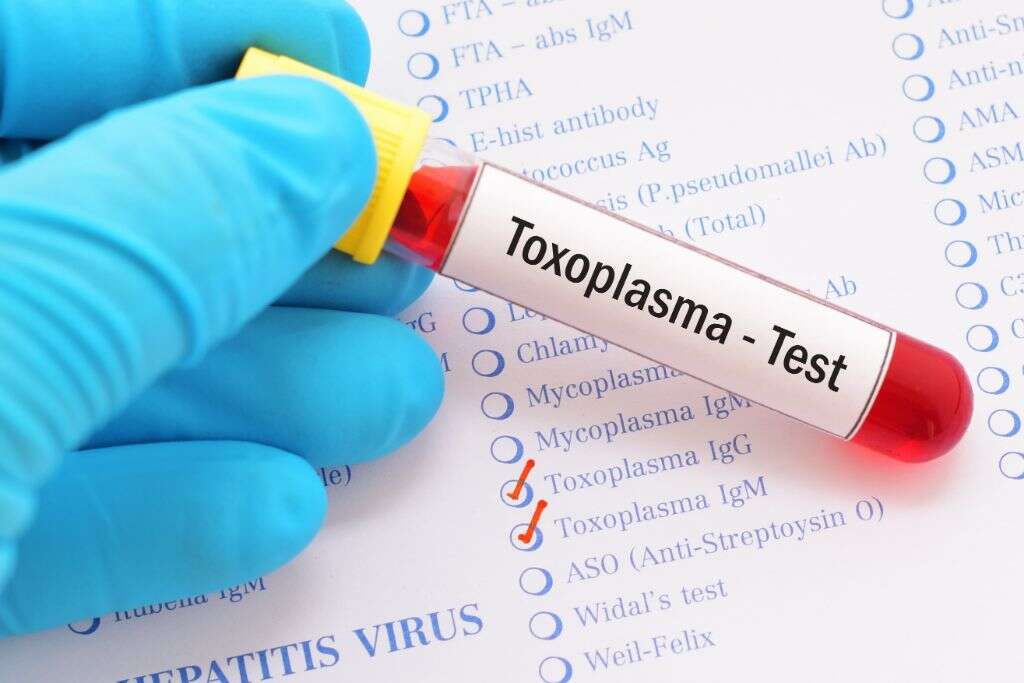
10. Treatment
Toxoplasmosis won’t usually need to be treated. The patient will often be asked to rest up and take on plenty of water, although they will likely be advised to call a doctor if their symptoms significantly worsen. Medication will be prescribed in some cases, however.
Pyrimethamine may be prescribed, which is a drug typically used to treat malaria, which is also caused by a type of parasite. Sulfadiazine, which is a type of antibiotic, may also be prescribed. Unborn babies will also need to be treated, and this will be achieved with the help of a combination of anti-parasitic medications and antibiotics.




